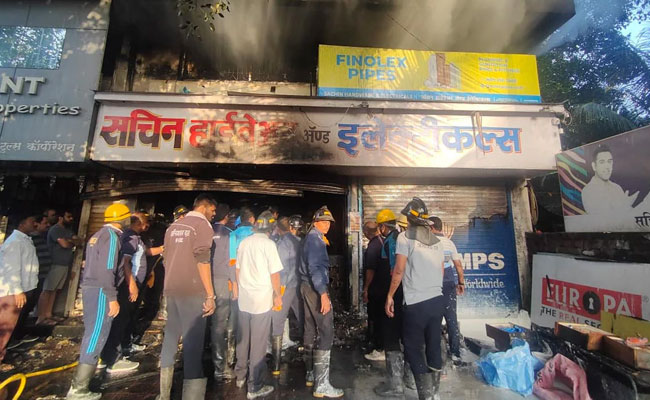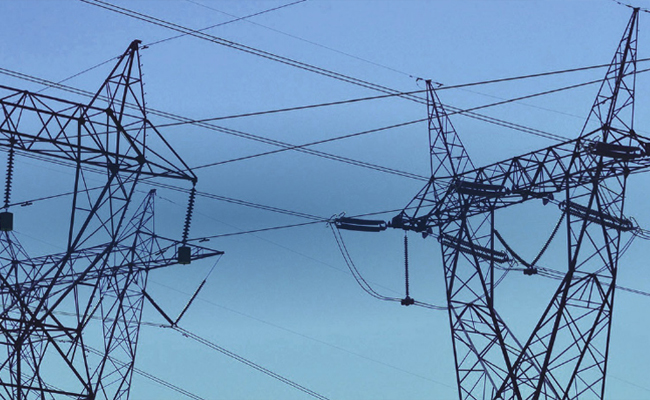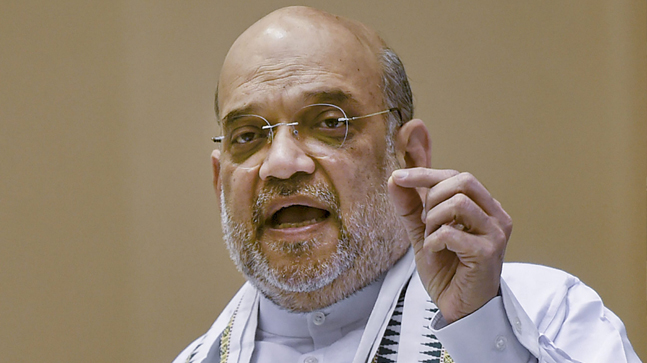Amaravati: A 24-year-old man from Andhra Pradesh, who was pursuing his Masters degree in the United States, died of gunshot wounds in a reported shooting there at a fuel station where the victim was working, according to police in the US state of Ohio.
The student was identified as Saiesh Veera and the incident happened in Columbus division of the state on Thursday, they said. According to media reports, Veera was a native of Andhra Pradesh.
"On April 20, 2023, at 12:50 am, Columbus Police officers were dispatched to the 1000 block of W. Broad St. on a reported shooting. Upon arrival, the officers located an adult male victim, identified as Saiesh Veera, M/O/24, suffering from a gunshot wound," the police said in a notification.
Columbus Fire service personnel arrived and transported the victim to a local hospital. Despite life-saving measures, the victim was pronounced dead at 1:27 am, they said.
The incident remains under investigation and the family has been informed, the police added.
The Columbus Division Police has also shared a photo of the suspect who was seen on CCTV cameras.
According to Rohit Yalamanchili, who is overseeing an online fund raiser programme to send Veera's body back to India, the young man was doing his Master's course and he got picked under the H-1B visa with his graduation just 10 days away.
He was going to quit his work as a clerk at the fuel station in a couple of weeks, Mr Yalamanchili added.
Veera came to the US, the first in his family, with many aspirations and wanted to uplift his family as his father had died two years ago.
He was always willing to help people in all situations and was a great sport on the cricket field. Every person who plays cricket in the Columbus area would know him, he was a brilliant cricketer and a great friend.
"I hope God brings peace to Saiesh, his mother, family, and friends who were touched by his soul," Mr Yalamanchili further said.
Let the Truth be known. If you read VB and like VB, please be a VB Supporter and Help us deliver the Truth to one and all.
New Delhi (PTI): Justice Bela M Trivedi, who was the eleventh woman judge to be elevated to the Supreme Court in its 75-year-old history on Friday demitted office after spending three-and-a-half years on the bench.
Justice Trivedi, who had the rare distinction of being elevated to the top court after starting out as a trial court judge in Gujarat in July 1995, was part of the top court's several landmark judgements.
"It was a happy coincidence that her father was already working as the judge, city civil and sessions court when she was appointed. The Limca Book of Indian records has recorded the entry in their 1996 edition that 'Father - daughter judges in the same court'," Justice Trivedi's profile on the apex court website said.
She was elevated as a judge of the apex court on August 31, 2021 when a record nine new judges, including three women, were administered oath of office.
On Friday, Justice Trivedi sat in the ceremonial bench headed by Chief Justice B R Gavai as a tradition marking the exit of a top court judge.
She was part of a five-judge Constitution bench, which by a 3:2 majority, in November 2022 upheld 10 per cent reservation introduced in 2019 for economically weaker sections in admissions and government jobs that excluded the poor among the SC/ST/OBC categories.
A seven-judge Constitution bench, which Justice Trivedi was part of, in August 2024 by a 6:1 majority held that states are constitutionally empowered to make sub-classifications within the Scheduled Castes, which form a socially heterogeneous class, for granting reservation for the uplift of castes that are socially and educationally more backward among them.
Justice Trivedi, in her 85-page dissenting verdict, said it is only Parliament which can include a caste in the SC list or exclude it, and states are not empowered to tinker with it.
A bench comprising Justice Trivedi in November 2021 said touching genitals of a child or any act involving physical contact with "sexual intent" amounts to sexual assault under Section 7 of the POCSO Act as the most important ingredient is sexual intent and not skin-to-skin contact.
It quashed the controversial "skin-to-skin" judgements of the Bombay High Court in two cases under the POCSO Act.
Justice Trivedi penned a verdict holding that the moratorium imposed under the Insolvency and Bankruptcy Code does not prohibit the attachment of properties under the Maharashtra Protection of Interest of Depositors Act.
A bench headed by Justice Trivedi on May 15 paved way for a Uttar Pradesh government scheme to develop the Shri Banke Bihari Temple corridor in Mathura for the benefit of scores of devotees.
Born on June 10, 1960 at Patan in north Gujarat, she practised as a lawyer in the Gujarat High Court for about 10 years.
She was appointed as a judge, city civil and sessions court at Ahmedabad, on July 10, 1995.
She had worked on different posts like registrar vigilance in the high court and law secretary in the Government of Gujarat.
She was elevated as a judge of the Gujarat High Court on February 17, 2011.
Justice Trivedi was transferred to the Rajasthan High Court where she worked since June 2011 till she was repatriated to the parent high court in February 2016.



_vb_88.jpeg)

